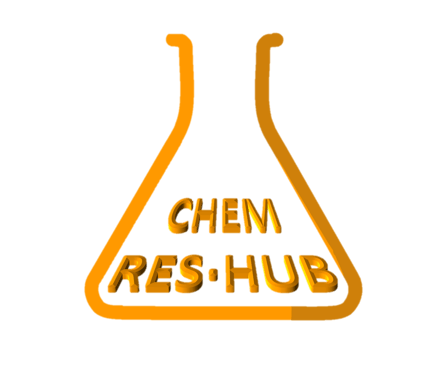The Ugly Truth About Academic Publishing: Is Science Being Bought and Sold?
BLOG


Science is supposed to be about truth, progress, and intellectual curiosity. But behind the scenes, academic publishing has become a billion-dollar business, where access to knowledge is controlled by profit-driven corporations rather than scientists.
The reality? Research is being bought, sold, and restricted—not to advance humanity, but to maximize profits.
The Ugly Truth About Academic Publishing: Is Science Being Bought and Sold?
Science is supposed to be about truth, progress, and intellectual curiosity. But behind the scenes, academic publishing has become a billion-dollar business, where access to knowledge is controlled by profit-driven corporations rather than scientists.
The reality? Research is being bought, sold, and restricted—not to advance humanity, but to maximize profits.
The Business of Scientific Knowledge
💰 Academic publishing is a $30+ billion industry. That’s bigger than the music and film industries combined. But here’s the real kicker:
Researchers do the work for free (writing, experimenting, and analyzing data).
Peer reviewers evaluate papers for free.
Editors (often researchers themselves) work for little to no compensation.
Publishers take all this free labor… and sell it back to the scientific community at absurd prices.
A single research paper? $40–$50 to access.
University library subscriptions? Millions per year.
Meanwhile, the scientists who wrote these papers often can’t even afford to access their own work.
This is not just broken—it’s academic robbery.
How Publishers Exploit the System
📌 1. Paywalls That Lock Away Knowledge
Elsevier, Springer, Wiley, and Taylor & Francis control most of the world’s leading journals.
They charge universities millions for subscriptions—but even top institutions can’t afford access to everything.
Independent researchers and scholars in developing nations are completely shut out.
📌 2. The Open Access Scam
Some journals offer "open access"—but at a price. Researchers must pay thousands in Article Processing Charges (APCs) to make their work free for others.
Publishers profit either way—whether researchers pay or readers pay.
📌 3. Predatory Journals & Fake Impact Factors
Some "pay-to-publish" journals exploit desperate researchers who need publications for tenure and promotions.
They accept almost anything—including plagiarized, fraudulent, or AI-generated content.
These journals damage the credibility of science, while publishers still cash in on the desperation.
📌 4. Citation Manipulation & Journal Rankings
High-impact journals reject 90% of submissions, not necessarily because they are bad, but to inflate their prestige.
Some editors force authors to cite more papers from their journal, boosting its impact factor artificially.
Universities and funding agencies reward citation counts over actual research quality, creating a toxic cycle where quantity beats quality.
Who Really Pays the Price?
🚨 The biggest victims of this system? 🚨
🔹 Young Researchers – Struggling for tenure, they face extreme pressure to publish in high-impact journals, which reject most papers.
🔹 Scientists in Developing Countries – Many institutions can’t afford access to top journals, leaving entire nations behind.
🔹 Independent Scholars & Public Researchers – If you're not part of a wealthy university, good luck accessing essential papers.
🔹 Taxpayers – Governments fund research, but the public must still pay to read it.
The irony? A scientist can spend years on research, funded by public money, submit their work for free, review other papers for free, and still not have access to their own published work.
The Fight for a Fairer System
The good news? Rebellion is growing. Researchers, universities, and governments are fighting back.
✅ Sci-Hub & LibGen – While controversial, they expose how millions of people are desperate for access to knowledge.
✅ Plan S & OSTP Open Access Mandates – Governments are pushing for publicly funded research to be free for everyone.
✅ New Open Science Platforms – Projects like eLife, Peer Community In, and arXiv are proving that science can thrive without publisher greed.
✅ Boycotts & Resistance – Thousands of scientists have pledged to stop publishing in or reviewing for exploitative journals.
Final Thought: Who Owns Knowledge?
Should publishers decide who gets access to knowledge? Or should science be for everyone?
Academic publishing should exist to advance human knowledge—not to trap it behind paywalls. The current system is broken, and until we challenge it, real science will remain locked away for the privileged few.
It’s time for a revolution. Because knowledge doesn’t belong to corporations—it belongs to humanity.
Happy Researching!!
